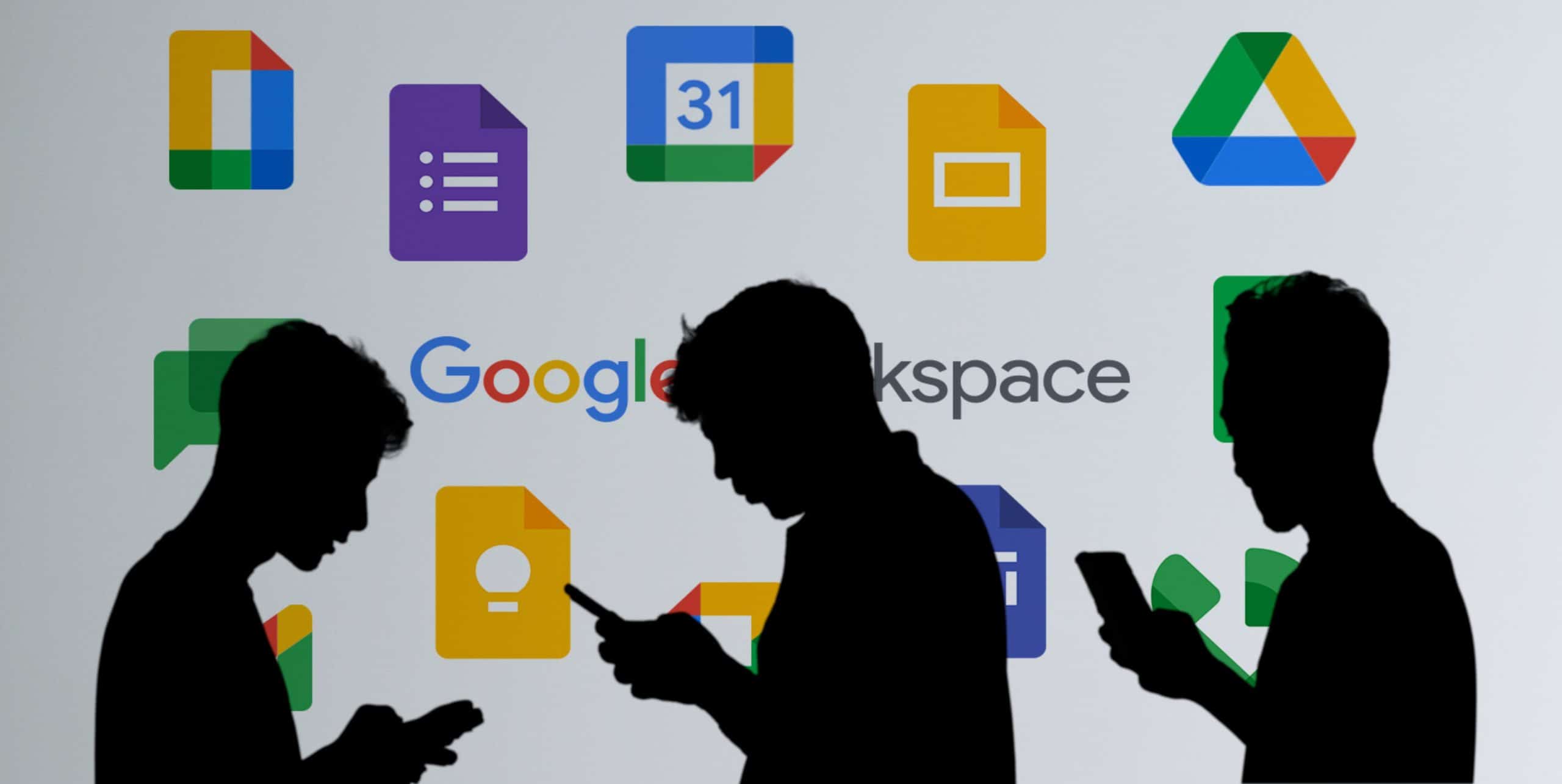For more than a decade, Google has been refining its productivity tools to meet the evolving needs of organisations worldwide. What began as Google Apps for Business has now matured into Google Workspace – a unified suite of communication, collaboration, and productivity tools designed for the modern workplace. For UK businesses, the shift is more than just a rebrand. It represents a transformation in how digital work is managed, secured, and scaled.
Understanding what has changed – and what it means in practice – is essential for leaders seeking to align their organisations with today’s demands of agility, security, and hybrid working.
A Rebrand with Real Purpose
When Google Apps was first launched, it was essentially a collection of cloud-hosted alternatives to traditional office software: Gmail, Calendar, Docs, and Sheets. Over time, as businesses demanded more integrated ways of working, the platform expanded and matured. By 2020, the rebrand to Google Workspace was introduced, signalling a shift from a collection of apps to a fully interconnected ecosystem.
For UK businesses, this was not just a cosmetic change. Workspace reflects a recognition that collaboration no longer happens in silos. Teams need tools that interact seamlessly, allowing them to move from drafting a proposal in Docs to discussing it in Meet and tracking tasks in Chat – all within a single, consistent environment.
Integrated Collaboration at the Core
One of the most significant changes has been the way Google has tightened the integration between its applications. In Google Apps, Gmail, Docs, and Drive were connected, but often required switching between screens. Workspace eliminates that friction. Now, users can start a video call directly from Gmail, co-edit documents while chatting in the same window, and see calendar invitations appear contextually within their inbox.
For business leaders, this streamlining is more than a convenience. It reduces wasted time, encourages collaboration, and helps ensure that hybrid or remote teams remain aligned. The days of juggling multiple logins or toggling between disjointed applications are gone; Workspace provides a single, cohesive experience.
Smarter User Experience
Google Workspace has introduced refinements to the user interface, aimed at making tools more intuitive and accessible. The redesign emphasises consistency, with a unified look and feel across apps. For employees, this reduces the learning curve and speeds up adoption.
Smart features such as predictive typing in Gmail, suggested actions in Calendar, and intelligent formatting in Docs further boost productivity. These enhancements are particularly valuable for UK businesses navigating fast-moving markets, where small efficiencies can add up to meaningful competitive advantage.
Security Built for Today’s Risks
While functionality is important, security has become non-negotiable. The shift from Google Apps to Workspace brought stronger security and compliance capabilities, giving organisations greater control over data access and user behaviour.
With Workspace, administrators can enforce two-factor authentication, apply data loss prevention rules, and gain visibility into activity through detailed audit logs. These capabilities are vital for UK organisations subject to GDPR and other regulatory requirements. Businesses in sectors such as finance, healthcare, and professional services can be confident that their collaboration tools meet stringent standards.
Flexibility for Different Business Needs
Another key development with Google Workspace is the introduction of tiered editions, tailored to different organisational sizes and requirements. Where Google Apps was largely a one-size-fits-all proposition, Workspace offers options ranging from Business Starter for smaller companies through to Enterprise editions with advanced security, compliance, and customisation features.
For UK businesses, this flexibility is significant. Smaller organisations can access the core benefits of Workspace without paying for features they do not yet need, while larger enterprises can deploy advanced capabilities to meet complex requirements. The ability to scale within the same ecosystem also avoids costly migrations later.
Enhanced Tools for Hybrid Work
The evolution to Workspace also reflects a shift towards hybrid working models. Tools such as Google Meet have been enhanced to support larger meetings, offer features like breakout rooms and live captions, and integrate more deeply with Calendar and Gmail. Google Chat and Spaces now provide structured environments for team communication, bringing together messaging, file sharing, and task management.
For UK organisations managing dispersed teams, these enhancements are critical. They ensure employees can collaborate effectively regardless of location, while leaders can maintain visibility and cohesion across projects.
Why the Change Matters for UK Businesses
For business leaders, the move from Google Apps to Workspace represents a strategic opportunity rather than a disruption. The shift provides a platform that not only supports day-to-day operations but also underpins broader digital transformation initiatives.
Adoption can help organisations reduce reliance on fragmented systems, cut licensing costs by consolidating tools, and ensure that collaboration is secure and compliant. Equally important, Workspace provides a familiar, user-friendly environment that accelerates adoption and reduces training overheads – often a barrier to digital initiatives.
Making the Transition Work
For businesses that started with Google Apps, the transition to Workspace is designed to be seamless. Tools remain familiar, with enhancements layered in rather than wholesale replacements. Leaders looking to maximise value should focus on encouraging employees to embrace the new integrations, such as co-editing within meetings or using Spaces to centralise project communication.
At the same time, administrators should review the expanded security and compliance options now available. Configuring these settings to align with organisational policies ensures the platform delivers not just productivity, but also resilience and peace of mind.
Looking Ahead
The rebrand to Google Workspace reflects a wider reality: work is no longer tied to a desk, a single device, or even a single office. UK businesses that adopt Workspace are positioning themselves to thrive in a digital-first environment, where agility and collaboration are paramount.
By moving from a collection of apps to a fully integrated ecosystem, Google has ensured that organisations of all sizes can communicate, collaborate, and innovate with confidence. For business leaders, the question is no longer whether Workspace is a replacement for traditional tools – it is how quickly its full potential can be unlocked.



